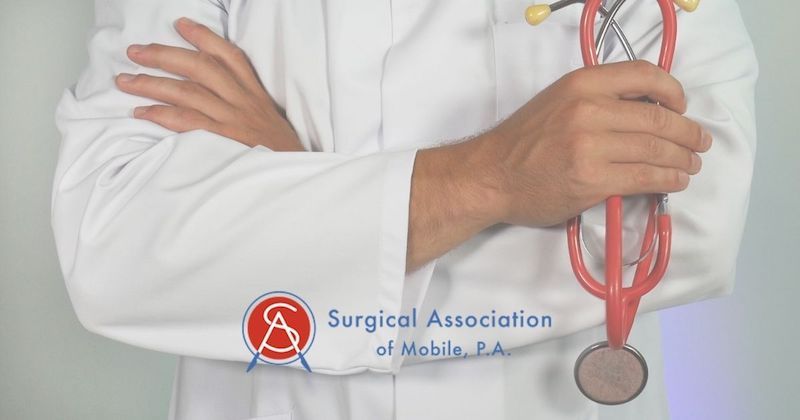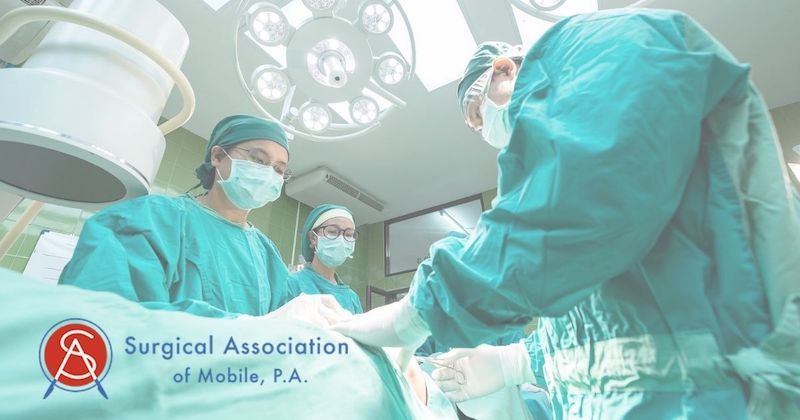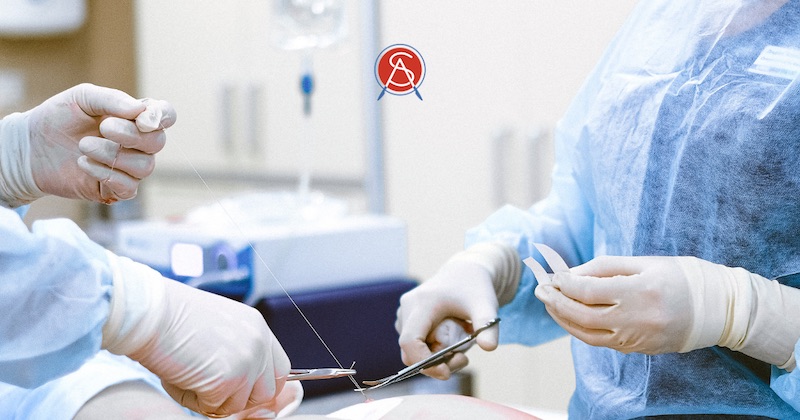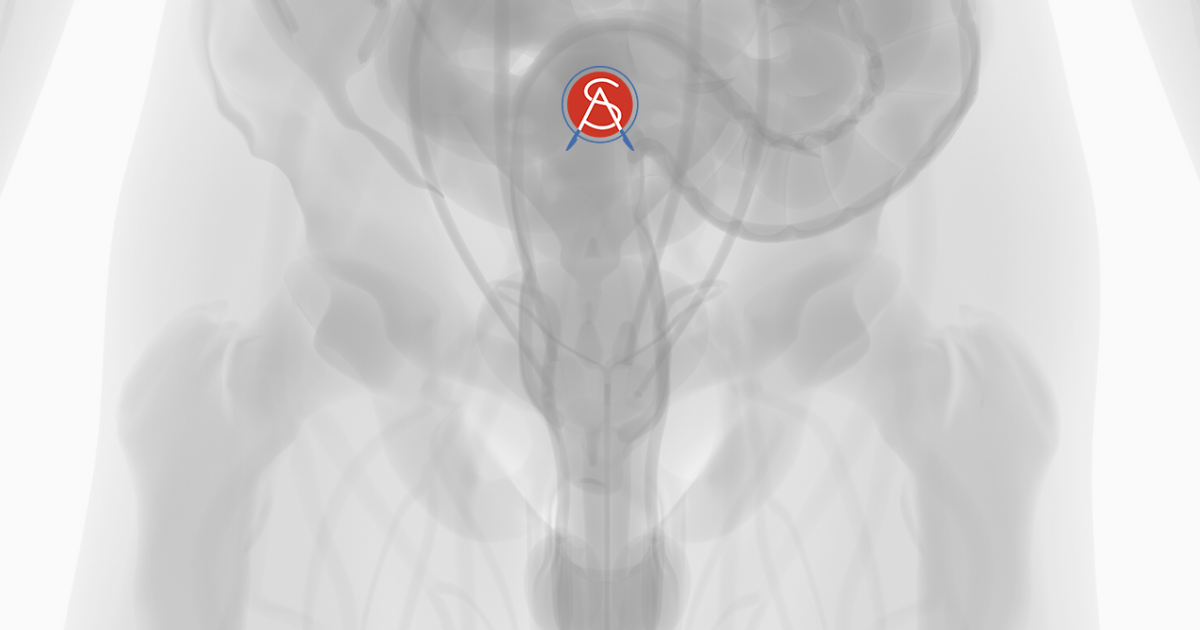Blog Archives
Managing Relationship Changes after Bariatric Surgery

Weight loss surgery can be the restart button someone suffering from obesity truly needs. Physical and emotional obstacles that once stood as barriers to a happier, healthier life are broken down, allowing for new opportunities and aspirations. The effects bariatric surgery has on a person extend far beyond physical appearance…to all aspects of life, including relationships.
>
Studying the effects of weight loss surgery on personal relationships is a rather new concept. Changes after bariatric surgery do not end at visual appearance. For example, dependence on food or even people can change significantly or cease to exist, leading to drastic lifestyle changes that involving not just the patient but those around them too.
Vitamin D After Weight Loss Surgery

Obesity can lead to many associated health problems, including a vitamin D deficiency. This deficiency could be caused by the high calorie, low nutrient diet that is often associated with obese patients (obese patients require more vitamin D). Further, low activity levels, especially outdoors, can keep vitamin D levels low. If a person decides to move forward and undergo bariatric surgery, the vitamin D deficiencies could persist or worsen without proper monitoring and supplementation.
Why Wouldn’t I Qualify for Bariatric Surgery?

When patients finally arrive in our office ready to commit to the life change that is bariatric surgery, they are often raring to go and want to have surgery as soon as possible. Years of dieting, exercising, weight loss programs and more are so exasperating that surgery feels like a breath of fresh air and excitement. So, when the news comes back that there may be a hiccup in their qualification for bariatric surgery, it can be downright depressing. But why might a patient not qualify for bariatric surgery?
When Do Hernias Become Dangerous?

Hernias in and of themselves aren’t dangerous – they are simply defects or holes in the fascia of the abdomen – thick tissue that keeps all of our abdominal contents in place. Hernias can occur for a number of reasons including genetics, age related wear and tear and excessive straining on the abdomen, whether due to pregnancy, excess weight or obesity, chronic coughing or lifting heavy weights.
Do I Need My Gallbladder?

The thought of removing an organ can make the strongest of us shiver. Luckily, however, not out all of our organs are necessary, and the gallbladder is one of them. The gallbladder is a pear-shaped organ attached to the liver, which acts as a repository for bile produced by the liver. When we consume large meals full of fatty, spicy foods or high sugar foods, the gallbladder contracts to push bile into the digestive system, improving the metabolization of fat and digestion in general.
Over time, however, the gallbladder can become diseased or can fill with large and/or small gallstones.
Is Undergoing a Prophylactic Mastectomy the Right Choice for Me?
A prophylactic mastectomy is the removal breast tissue proactively to avoid the potential of breast cancer in the future. Women who choose to undergo prophylactic mastectomy usually have a significant family history of the disease, have certain genetic markers or have experienced cancer previously themselves.

Avoiding an Incisional Hernia After Surgery

Incisional hernias are a relatively uncommon, but real concern after any surgical procedure. Anytime the skin, musculature and fascia of the abdomen is compromised – in this case due to the inevitable incisions needed for surgery, that area is inherently weaker than before. But how do we avoid incisional hernias in the abdomen?
The Obesity Double Whammy Connection to Osteoarthritis
Osteoarthritis is a condition in which the cartilage within our joints around the body begins to degrade, increasing inflammation of the joint and reducing mobility – compromising lifestyle and even causing long-term disability. Osteoarthritis was once mostly limited to the elderly and those that played contact sports or experiencing repeated injury. However, over the past few decades, with the rise of obesity rates in the United States and around the world, osteoarthritis has affected younger and younger patients.

Bariatric Surgery Myth – Bariatric Surgery Is All I Need

Bariatric surgery is an incredibly effective and safe way to help you lose a significant amount of weight – in some cases up to 70 or even 80% of your excess bodyweight. However, the surgery itself does not make this happen – rather it is a catalyst for a new and improved lifestyle involving better diet and exercise habits that you can more easily maintain over the long term. And that’s where a bariatric surgery myth comes into play.
Many patients are concerned that they will be seen as taking the easy way out. It stands to reason when most people believe the bariatric surgery is all you need to lose the weight and keep it off. However, postop patients work very hard to lose that weight and maintain their goal weight over the long term. In fact. The long-term lifestyle change is the biggest determining factor of success.
Interesting Research into Inguinal Hernias

While new technology and technique is revolutionizing hernia repair surgery, the basic risk factors for hernias have been known for a long time and continue to hold true. So, when we come across research that sheds light on the potential causes of hernias and how they develop, it can be exciting.
Northwestern University researchers have found a potential link between increased estrogen levels, lower testosterone levels and development of groin hernias. The change in sex hormone levels, a common occurrence with age, may weaken muscle tissue in the groin area, creating a perfect environment for a hernia.

